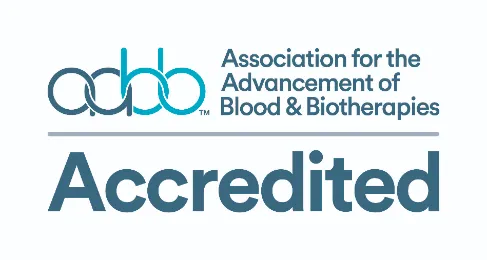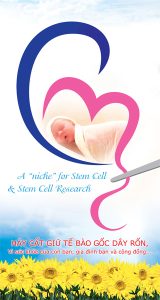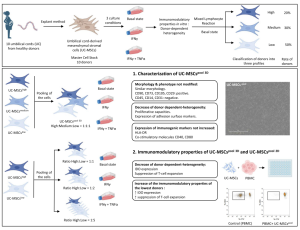Rare Disease Advisor, November 8, 2024
A phase 2 trial evaluating Hope Biosciences’ adipose-derived autologous mesenchymal stem cell therapy (HB-adMSCs) for patients with mild to moderate relapsing-remitting multiple sclerosis (MS) has yielded promising top-line results.
The trial (NCT05116540), sponsored by the Hope Biosciences Research Foundation, has met its primary endpoint, as determined by the MS Quality of Life-54 Instrument. This multidimensional health-related quality of life measure assesses fatigue, physical and cognitive function, pain, mobility, and other factors.
Specifically, the results showed significant improvements in both physical and mental health for patients with mild to moderate relapsing-remitting MS treated with HB-adMSCs compared to the placebo group.
“The results of this trial are groundbreaking for multiple sclerosis. They clearly demonstrate that high doses of fresh HB-adMSCs delivered on a regular schedule can result in consistent efficacy in a highly complex and variable condition like MS,” says Donna Chang, president of the Hope Biosciences Research Foundation. “We believe that this positive response will translate in other autoimmune diseases in the near future.”
The randomized, double-blind, single-center study enrolled 24 individuals diagnosed with mild to moderate relapsing-remitting MS. Participants were divided into treatment group (n = 12) and placebo group (n = 12).
Patients with relapsing-remitting MS in the treatment group received 6 intravenous infusions of 200 million stem cells over 32 weeks, making a total of 1.2 billion cells. The duration of the study was 52 weeks.
By the end of the study, patients with relapsing-remitting MS treated with HB-adMSC showed a statistically significant improvement from baseline in their Physical Health Composite Scores (P <.0001), unlike those in the placebo group (P <.4856).
Additionally, the HB-adMSC group showed a significant improvement in their Mental Health Composite Scores (P <.0042) compared to the placebo group (P <.5724).
The effect size between the groups was large for both physical and mental scores (Cohen’s d = 1.23, P =.0002, and Cohen’s d=0.85, P =.016, respectively).
Regarding safety, treatment was both safe and well-tolerated by patients with relapsing-remitting MS.
References
Hope Biosciences Research Foundation reports promising phase II trial results for stem cell therapy in multiple sclerosis. News release. Hope Biosciences Research Foundation; October 31, 2024.
Randomized double-blind phase 2 efficacy and safety of autologous HB-MSCs vs placebo for treatment of multiple sclerosis (HBMS01). ClinicalTrials.gov. November 11, 2021. Updated June 21, 2024. Accessed November 8, 2024.
Source: Rare Disease Advisor
Link: https://www.rarediseaseadvisor.com/news/phase-2-trial-promising-results-stem-cell-therapy-ms/








